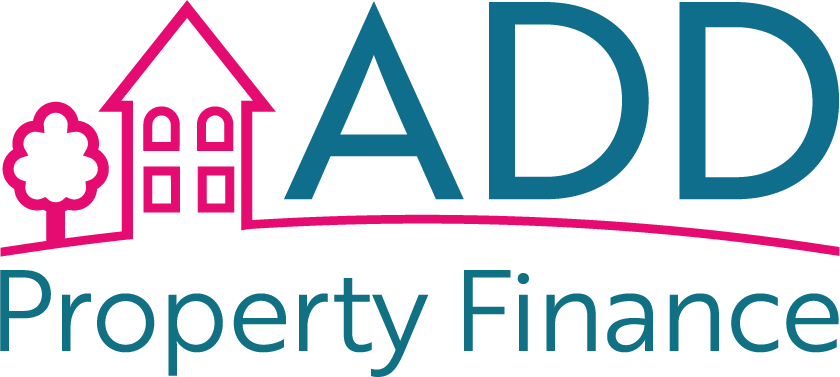Investing in commercial property can be a lucrative endeavour, but the success of your investment often depends on your exit strategy. Deciding how and when to exit your commercial property investment is a crucial aspect of your financial planning. Here, we’ll explore various exit strategies that commercial property investors can consider to ensure a successful and profitable outcome.
1. Selling the Property
Selling your commercial property is one of the most common exit strategies. When the market is favorable and property values have appreciated, selling can yield a substantial return on your investment. Here’s what you should consider:
- Timing: Monitor market conditions to identify the right time to sell for maximum profit.
- Capital Gains: Understand the tax implications of selling, including potential capital gains taxes.
- Market Research: Conduct thorough market research to determine the property’s current value and its potential appreciation.
2. Refinancing
Refinancing involves taking out a new loan to pay off the existing mortgage, potentially accessing the property’s equity in the process. This strategy can provide cash flow and allow you to leverage the property further. Consider these factors:
- Interest Rates: Refinance when interest rates are low to reduce borrowing costs.
- Loan Terms: Negotiate favourable loan terms that align with your financial goals.
- Cash Flow: Use the refinancing proceeds wisely to invest in additional properties or improve the current one.
3. Holding for Rental Income
Holding your commercial property as a rental investment can provide a steady income stream and long-term appreciation potential. To make this strategy successful:
- Tenant Management: Ensure effective tenant management to maximise occupancy rates and rental income.
- Property Maintenance: Keep the property well-maintained to attract and retain tenants.
- Market Rent: Regularly review and adjust rent prices to stay competitive and in line with market rates.
4. 1031 Exchange
A 1031 exchange allows you to defer capital gains taxes by reinvesting the proceeds from the sale of one property into another similar property. This strategy is subject to specific IRS rules:
- Strict Timelines: There are strict deadlines for identifying and closing on the replacement property.
- Like-Kind Property: The replacement property must be of similar nature, typically another commercial property.
5. Partial Sale or Joint Venture
Instead of selling the entire property, you can opt for a partial sale or enter into a joint venture with another investor. This allows you to cash in on a portion of your investment while still retaining an interest in the property’s future success.
6. Legacy Planning
Consider your long-term goals and how your commercial property investment fits into your estate plan. You may decide to pass down the property to heirs or use it as a legacy asset.
7. Development or Redevelopment
In some cases, the highest return on investment may come from developing or redeveloping the property, especially if its location becomes more valuable over time.
8. Lease-Option Agreements
Lease-option agreements allow you to lease the property to a tenant with the option to purchase it at a later date. This can be a creative way to generate rental income while retaining the potential for a future sale.
Conclusion
Selecting the right exit strategy for your commercial property investment depends on your financial goals, market conditions, and the property’s performance. It’s essential to work closely with financial advisors, property professionals, and legal experts to evaluate your options and create a plan that aligns with your objectives. A well-thought-out exit strategy is a critical component of a successful commercial property investment journey.







